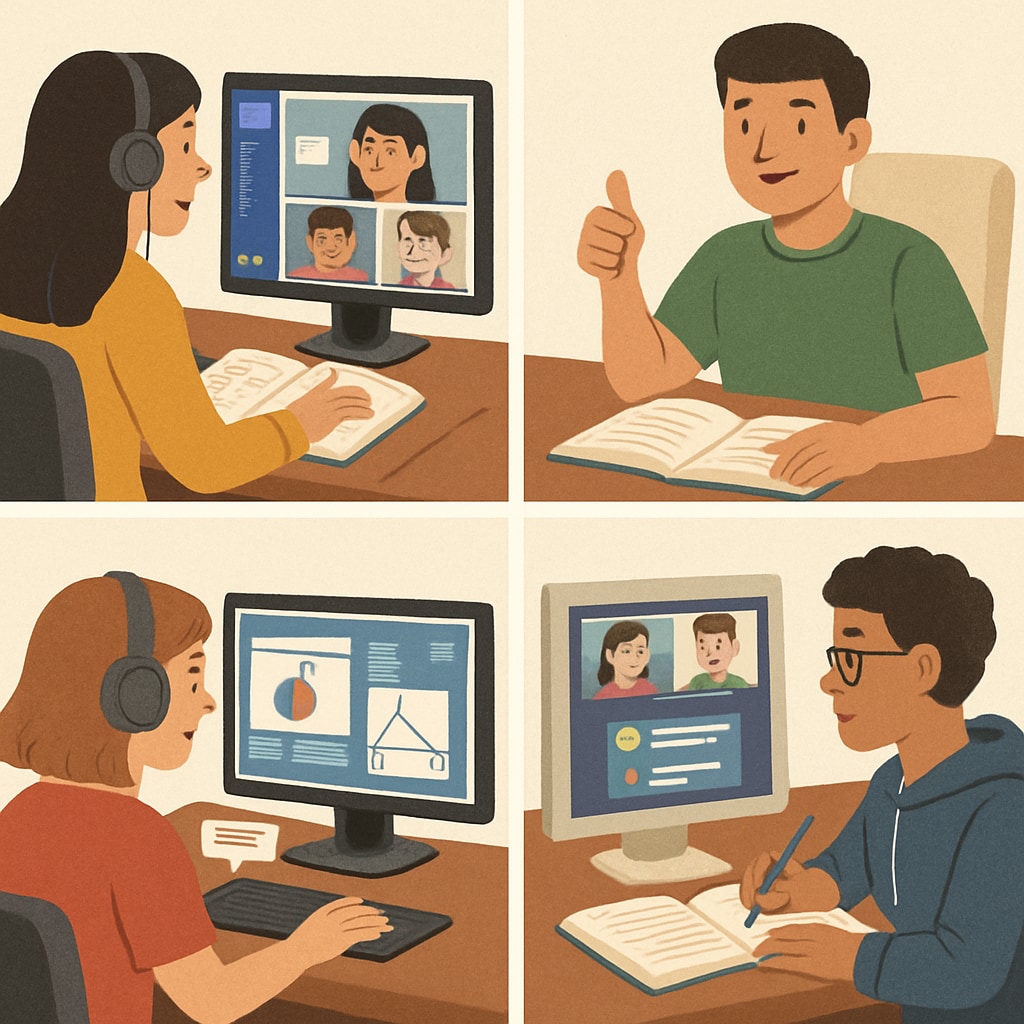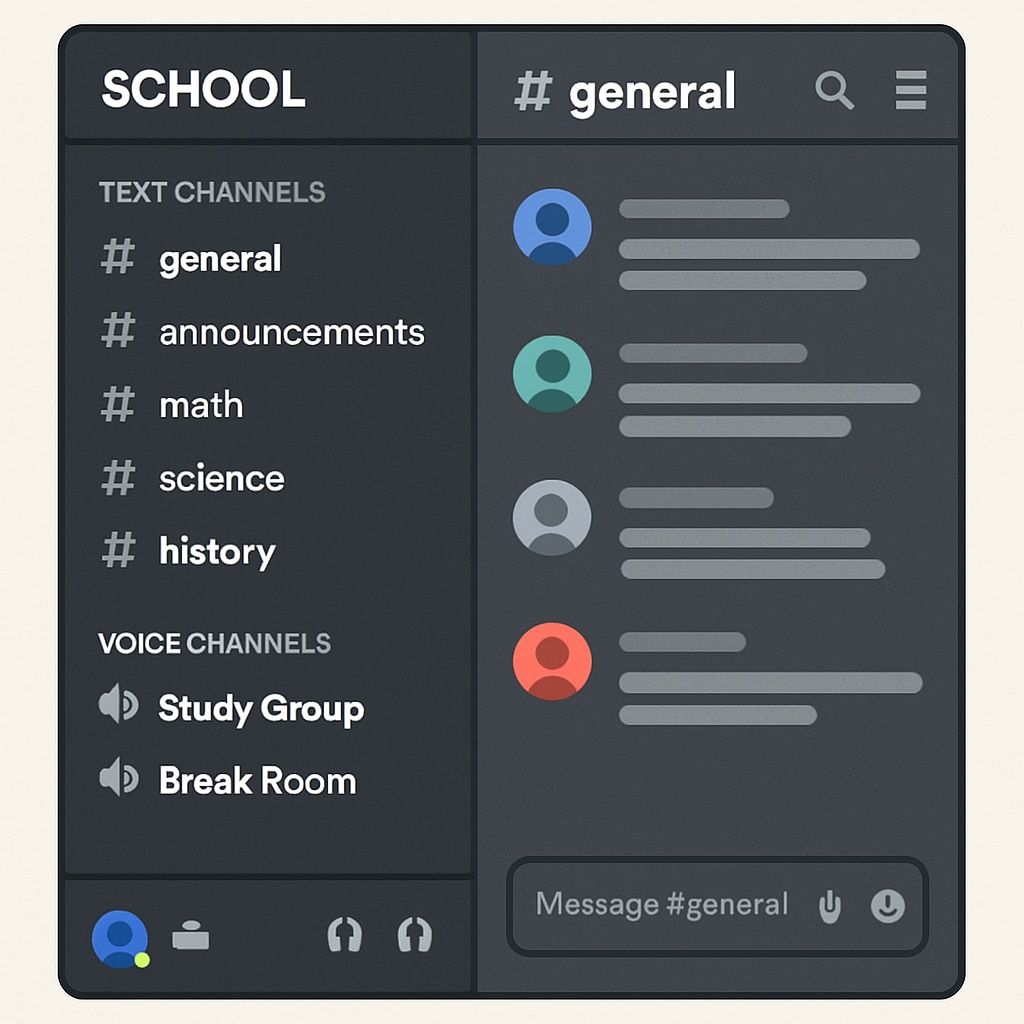In recent years, the integration of digital platforms and collaborative learning has revolutionized education. Tools like study groups and Discord communities, inspired by the practices of Houston University, are now being explored for K12 education. These methods not only enhance academic performance but also equip students with essential skills for the future, such as teamwork, communication, and digital literacy.
Why Study Groups and Digital Communities Matter in K12 Learning
Collaborative learning through study groups has long been a staple of education. By working together, students can share knowledge, tackle complex problems, and support each other in mastering difficult concepts. With the addition of digital platforms like Discord, this approach has evolved to break traditional boundaries, enabling students to connect anytime, anywhere.
Discord, originally a platform for gaming communities, has proven to be highly adaptable for educational purposes. Its features, such as voice channels, text chats, and file sharing, make it an ideal tool for study groups. By bringing students together in a structured yet flexible environment, Discord fosters a sense of community and accountability that traditional classroom settings may lack.
- Flexibility: Students can participate in study sessions from home or on the go.
- Accessibility: Resources and discussions are available 24/7, allowing students to revisit materials at their own pace.
- Engagement: Interactive tools like polls, quizzes, and shared whiteboards keep students actively involved.

Lessons from Houston University: A Model for K12 Implementation
Houston University has been at the forefront of integrating digital platforms like Discord into their academic framework. By establishing dedicated channels for courses, study groups, and extracurricular activities, the university has created a vibrant online learning ecosystem that benefits both students and educators.
For K12 educators, adopting a similar model can yield significant results. Here are some key practices inspired by Houston University’s success:
- Create Structured Channels: Organize Discord servers by subject or grade level, with specific channels for assignments, Q&A, and general discussions.
- Encourage Peer Leadership: Assign student moderators to foster responsibility and ensure respectful communication.
- Integrate with Curriculum: Use the platform to supplement in-class learning by sharing resources, hosting virtual office hours, and conducting collaborative projects.

Overcoming Challenges in Digital Collaborative Learning
While the benefits of study groups and Discord communities are clear, implementing these methods in K12 education comes with its own set of challenges. Educators must address issues such as digital access, student safety, and effective moderation.
Here are some solutions to common challenges:
- Digital Access: Partner with local organizations to provide devices and internet access to underserved students.
- Safety and Privacy: Use private servers and monitor activity to ensure a secure environment for students.
- Training: Offer training sessions for both students and teachers to maximize the platform’s potential.
By taking these steps, educators can create a safe and inclusive digital learning space that mirrors the success seen at Houston University.
The Future of K12 Education: Collaboration and Innovation
As education continues to evolve, the integration of study groups and digital platforms like Discord will play a pivotal role in shaping the future of K12 learning. These tools not only enhance academic outcomes but also prepare students for a world where digital collaboration is essential.
Inspired by the forward-thinking practices of Houston University, K12 educators have the opportunity to reimagine the learning experience. With careful planning and a commitment to innovation, the potential of these methods is limitless.
By embracing this new paradigm, we can create a learning environment that is not only effective but also engaging and adaptable to the needs of the modern student.
Readability guidance: Use short paragraphs and lists to summarize key points; each H2 section offers actionable insights. Overuse of passive voice and long sentences is avoided, while transitional words are strategically placed to maintain flow.


